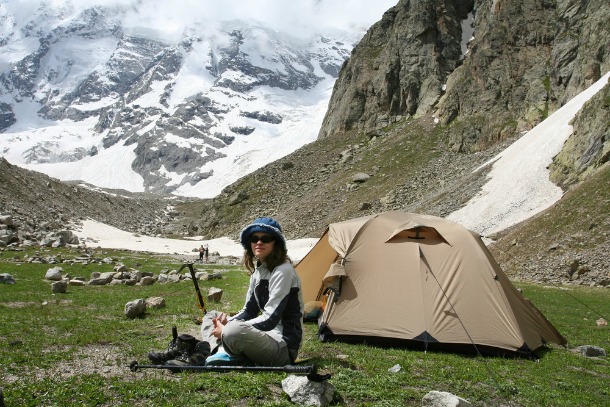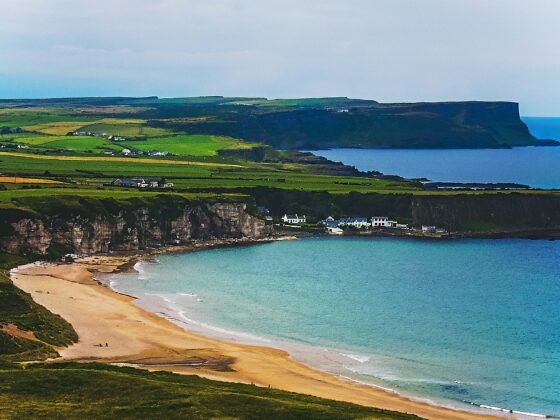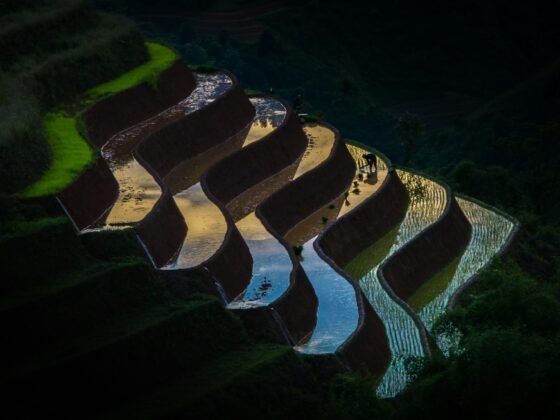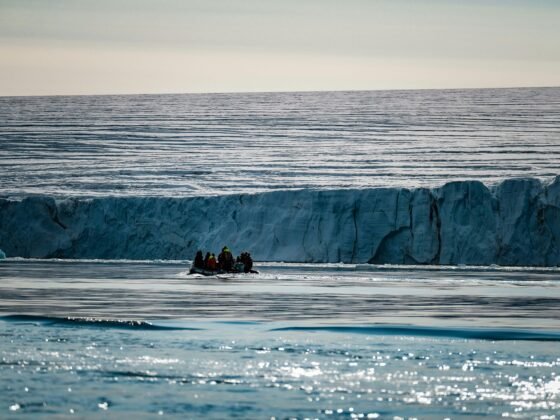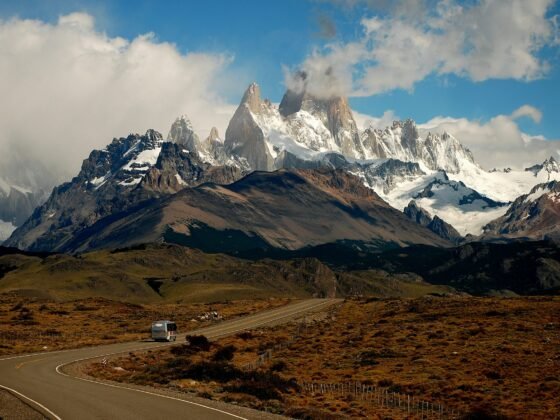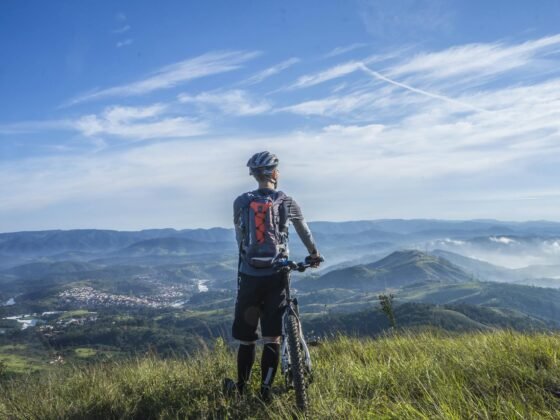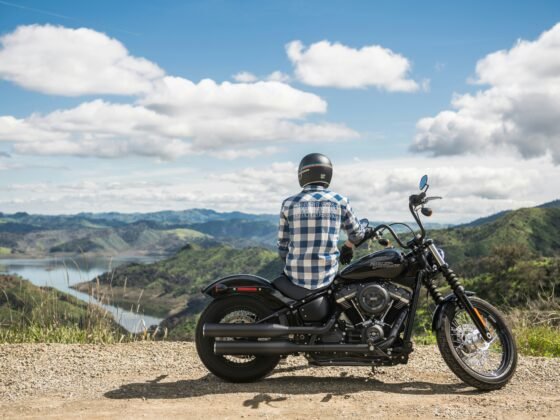Who doesn’t love camping in the great outdoors? It’s a great way to reconnect with nature, and it’s also cheap to boot. In theory, you can load up your car with what you need, head out onto the open road, and straight to the campsite of your choice. There’s no airfare to pay for, no expensive hotel costs, and less risk of your luggage going missing! Perfect, yes?
Well, yes and no! Camping can be wonderful, but let’s be honest, it can get a little intense (excuse the pun). The fresh air is good for your mental state, but if you haven’t put some thought into your planning, your stress levels may actually increase while you’re away. Preparation is needed, and that is where we come in!
Here are our tips for taking the stress out of a camping trip.
Ensure you have what you need. As with any trip, you need to create a checklist of things you might need for the trip. Your tent is the start, but then there are all the other things you require, from cooking equipment to sleeping gear. You can get much of what you need from any camping or outdoor stores in your town, but it’s also worth going online for your shopping, as you may save money by picking up a bargain.
Test your gear. If you’re an inexperienced camper, you really do need to have a test-run with some of the trickier items on your camping list. You don’t want to land and discover you don’t know how to put the tent up, for example. You should also give your cooking stove a workout, ensuring it works and perhaps having a practice session, so you get a handle on outdoor cooking. However, even as an experienced camper, it’s worth checking your gear to make sure everything is in tip-top condition. If there are any faults, you will have time to repair or replace anything before you go away.
Research the campsite. While there are some people who are content to rough it for a few days, there are those of us who would benefit from a few home luxuries. If a shower is important to you, and if you prefer an actual toilet block to a gap in the shrubbery, make sure the campsite caters for these essentials. If you are traveling with teenagers who will find it hard to disconnect fully from their devices, make sure that the campsite has internet available for guests to use; these days, there are plenty of good rural internet options available, so it will be up to campsite owners to decide whether this is an amenity they wish to offer. Many places also have a store on site, so to cut down on packing, you may be able to get such things as milk, bread, and coffee at the campsite you are staying on.
Check the weather forecast. You can never predict the weather, so even when planning a camping trip during a warmer season, always check the forecast beforehand, as the last thing you want when away is a flood or a mini-tornado interrupting your time away. Still, even when the forecast is fine, you should still prepare for the worst. Pack your waterproofs and thermals just in case, and bring spare ground sheets and tent pegs in case you need to bolster your defenses.
Research potential dangers. There are many risks attached to camping, and we aren’t just talking about your tent blowing away in high winds. There may be dangerous animals in the area you intend to camp in, so check online for such things as snakes, bears, and nasty insects. You also have poisonous plants to think about, which could be toxic to taste and touch. And then there are safety hazards to consider, such as hard terrain and prickly branches. Particularly when you have young children or pets travelling with you, it’s wise to camp at a recognised campsite to avoid some of these dangers. However, pack your first aid kit with these camping essentials, as you never know when you might need them.
Talk to your travelling companions. If you’re travelling alone, then you can pretty much do what you want while you’re away. Walking, cycling, tree climbing, sleeping… you can make up your own itinerary. However, when travelling with others, you need to make a plan together. Compromises may have to be made, so to avoid any arguments, come to an agreement on the itinerary. And then work out a rota. With all of the expected tasks that come with any camping trips – cooking, washing, collecting water, etc. – it’s important that everybody knows what is expected of them to reduce the chance of a fallout.
Planning is everything. The more organised you are before the trip, the less stress you will feel when away. We hope this article was helpful to you, but if you have any further tips for our readers, then be sure to let us know.

